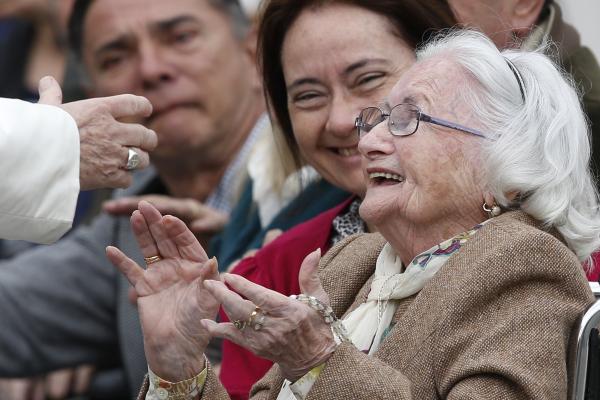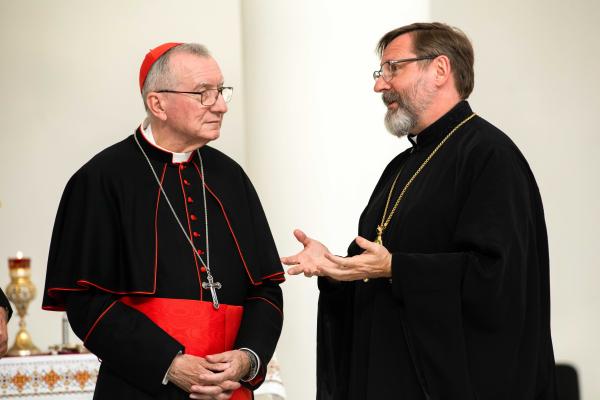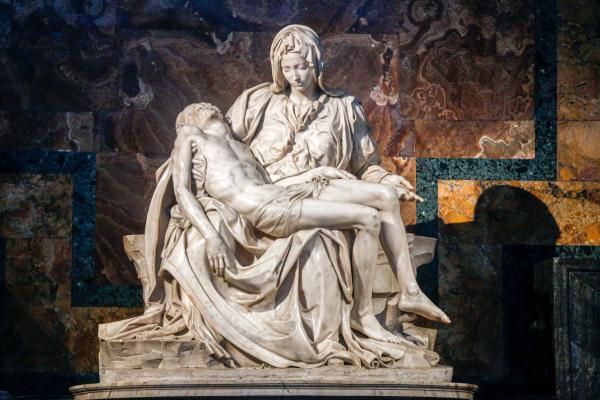Lessons learned: Studying past prepares people for the present, archivist says
The head of the Vatican Apostolic Archives shares insights into this vast historical collection, discussing the history of Vatican-U.S. relations and what can be learned from historical documents.
 Carol Glatz
Carol Glatz
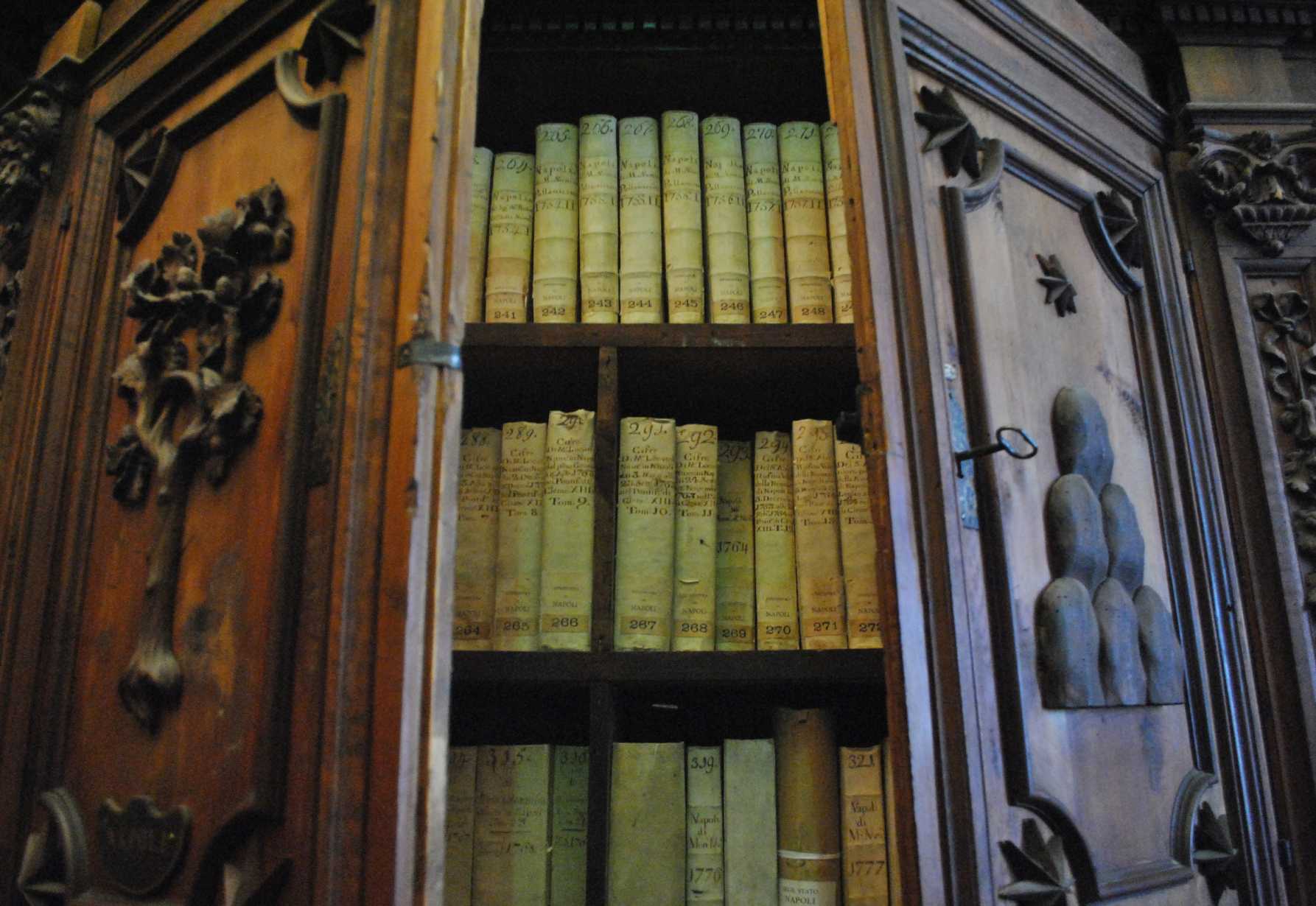
Old volumes are pictured in a wooden cabinet in the Vatican Apostolic Archives in this undated file photo. (CNS photo/Vatican Apostolic Archives)
VATICAN CITY (CNS) -- Regardless of what people might imagine, archivists are the happiest people on earth, said the prefect of the Vatican Apostolic Archives, Bishop Sergio Pagano.
"Even if people say we work amongst cobwebs and dust, that we are library mice," it does not matter, he said, because "we know how things went in the past so well that when we see how things are going now, we are not disappointed; we smile because we can see that it's the same thing over and over."
Admittedly, that might lead to some pessimism to think some things never change, but on the whole, there is a more comforting realization that "there is nothing new under the sun," the 75-year-old bishop, born in Genoa, said in a book-length interview published in Italian in early 2024.
Vatican journalist Massimo Franco compiled 32 interviews with the bishop from 2022 to 2023 into the book, titled, "Secretum" ("Reserved"). It refers to the archives' centuries-old Latin title: "Archivum Secretum," in which the term, "secret," refers to something that is "private, separate, reserved." Pope Francis changed the name in 2019 to "Archivum Apostolicum," recognizing that "secret" had too many negative connotations and that "apostolic" better reflected the collections which belonged to the popes.
The book seeks to glean the archives' highlights and discoveries during Bishop Pagano's 46 years at the Vatican Apostolic Archives, which he led as prefect for the past 27 years.
"I have always been curious," he said, explaining how, when he was first hired as a "scrittore" or writer-researcher right after his ordination as a Barnabite priest in 1978, he would comb through the collections' labyrinth of 53 miles of shelf-space.
He would even go into the archives on Sunday mornings when it was even quieter to open up the folders and see what was inside, looking for something "interesting, and here, everything is interesting," he said.
Founded by Pope Paul V in 1611, there are 450 different archives in the Vatican Apostolic Archives. "Today we know, in general, everything that there is, but every now and then we'll make a discovery," he said.
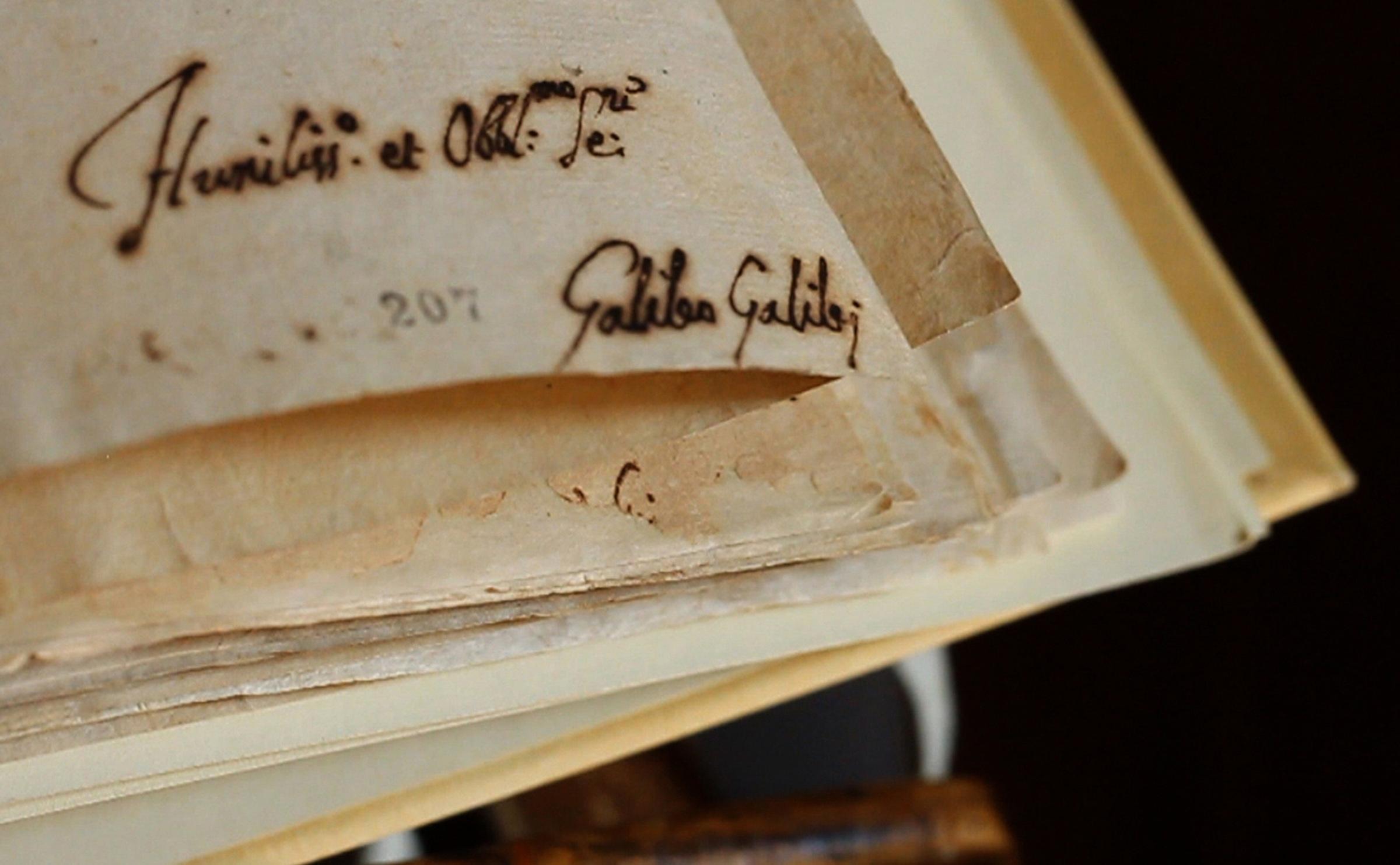
The 420-page book hits a number of hot topics, such as the recently opened archives of Pope Pius XII and the 17th-century inquisition, trial and condemnation of Galileo Galilei for suspected heresy.
Two chapters are dedicated to the United States with details and insights into how the Vatican and popes looked at the "new world" across the Atlantic and its burgeoning and widely diverse Catholic population as well as racism and discrimination against Black Americans, and its growing economic and political strength.
Pope Pius IX was the first pope to send an emissary to the United States in 1853 "in the hopes of developing diplomatic relations with 'the New World,'" Bishop Pagano said. However, the Papal States' overthrow of a short-lived constitutional republic in Italy in 1849 did not sit well with some U.S. citizens and the new nuncio and his secretary were forced to leave after "months of protests, threats of lynching, misunderstandings" in 1854.
The Vatican, especially when it was a larger temporal power resisting independence movements within its conglomeration of territories, "was seen as an evil power, secret, insidious, obscurantist which the Americans detested," the bishop said. "This prejudice lasted a long time to the point of hindering the establishment of full diplomatic relations until 1984."
Those early prejudices also extended to U.S. Catholics who were sometimes viewed by their fellow citizens with suspicion as "papists" who "answered to a foreign power, the power of Rome, perceived as a medieval monster with a strange figure at its head," he said.
Meanwhile, the bishop said, the Vatican also looked upon the United States with suspicion -- with its rigid separation of church and state, and founded by Masons "under the umbrella" of the ideals of the French Revolution.
When the Papal States were dissolved with Italy's unification in 1870, the United States recalled its representative, seeing no need for one in a state that no longer existed, he said.
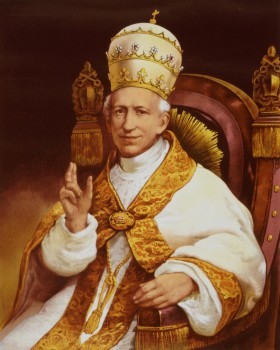
Things slowly started to change with Pope Leo XIII who saw the need to have more oversight over "a Catholicism that was evolving differently from that in Europe," Bishop Pagano said. It was "a bit more anarchic compared to European standards" and the Vatican was apprehensive about Catholic leaders seeking to "collaborate with the lay Protestant world."
"Pope Leo XIII began to fear either this excessive closeness to Protestants or too much autonomy of the bishops or parts of the American clergy could influence and distance Catholics in that huge nation from Rome," he said. Also there was a huge influx of Polish, German, Italian and Spanish immigrants, who were quickly diversifying a Catholic population that had predominantly been from Ireland and France.
An apostolic delegate or nuncio was needed, he said, to keep a direct line of communication between the local church and Rome, provide concrete information about potential new bishops and help make sure bishops and missions were present in these vast territories, he said.
Eventually, an apostolic delegate was appointed in 1893 and full formal diplomatic relations would finally be established in 1984 after decades of increased cooperation, expanding mutual interests and having the common enemies of fascism and communism, he said.
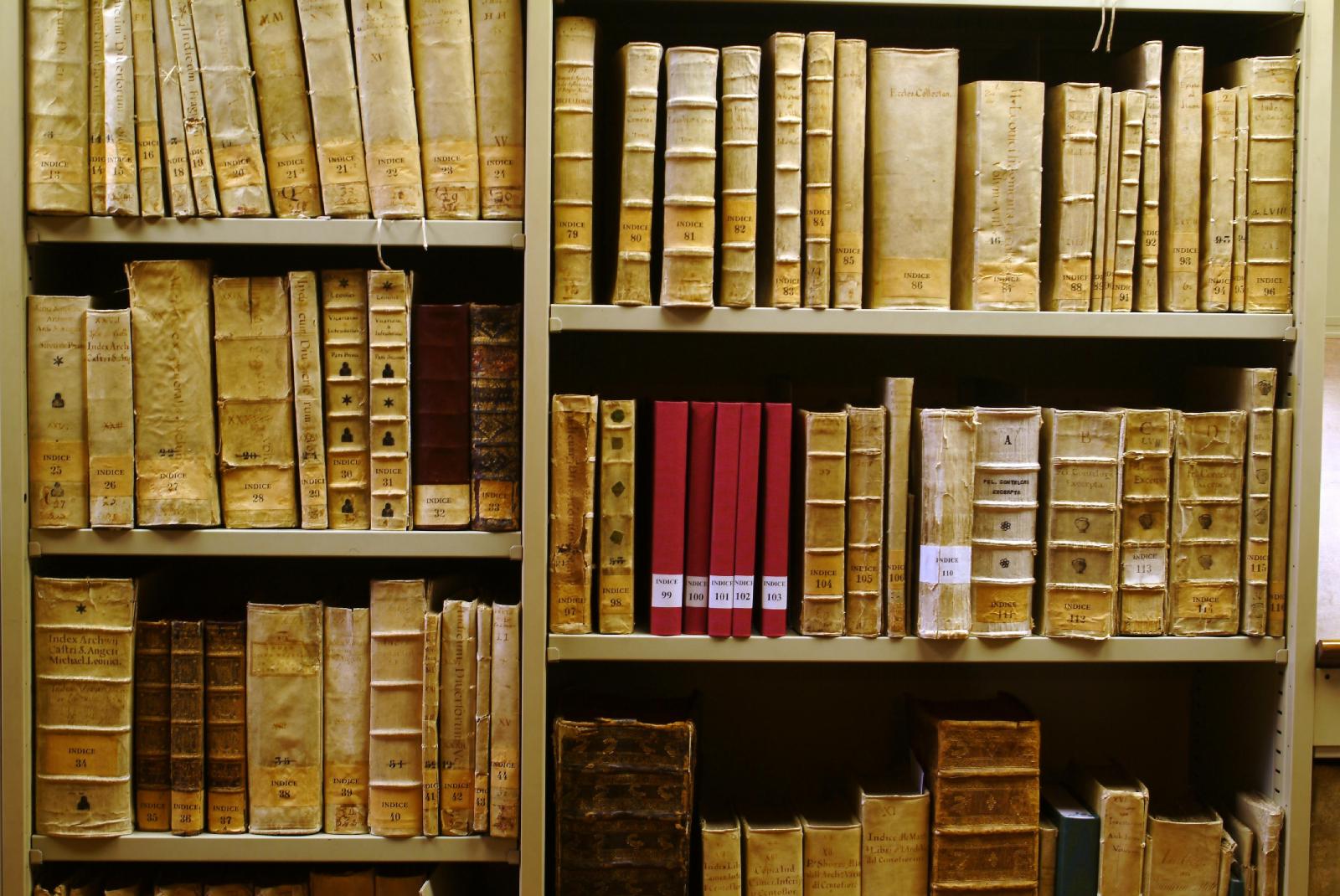
Among the diplomats' files is a report to the Vatican by Cardinal Pietro Biondi, apostolic delegate to the U.S. from 1922 to 1933. He was concerned about racism and discrimination in the church against Black Catholics and the scarce number of African-American priests.
"Feeling abandoned" by their fellow Catholics, there was a "constant hemorrhaging toward Protestant sects," he said. The archives show the Vatican was calling on priests, almost all of whom were white, to increase their pastoral care and attention toward people of color, noting religious orders, especially women's, had more racial diversity.
The archives also show the tremendous generosity of U.S. Catholics in fundraising and contributing to papal charities and the Vatican's work, Bishop Pagano said.
For example, he said, when Pope Benedict XV died in 1922, his private coffers were empty. Instead of saving to pay for the conclave to elect his successor, he spent the money on supporting formation programs and charities in Italy, which had been crippled economically by World War I.
The Vatican Secretary of State sent a coded telegram to the apostolic delegate in Washington requesting immediate financial help and to ask the U.S. cardinals to pay all their own expenses in Rome, he said. The delegate sent $210,400 "and 9 cents" (about $3,610,000 today) from the Peter's Pence collections from 1921 and early 1922 to pay for holding the conclave.
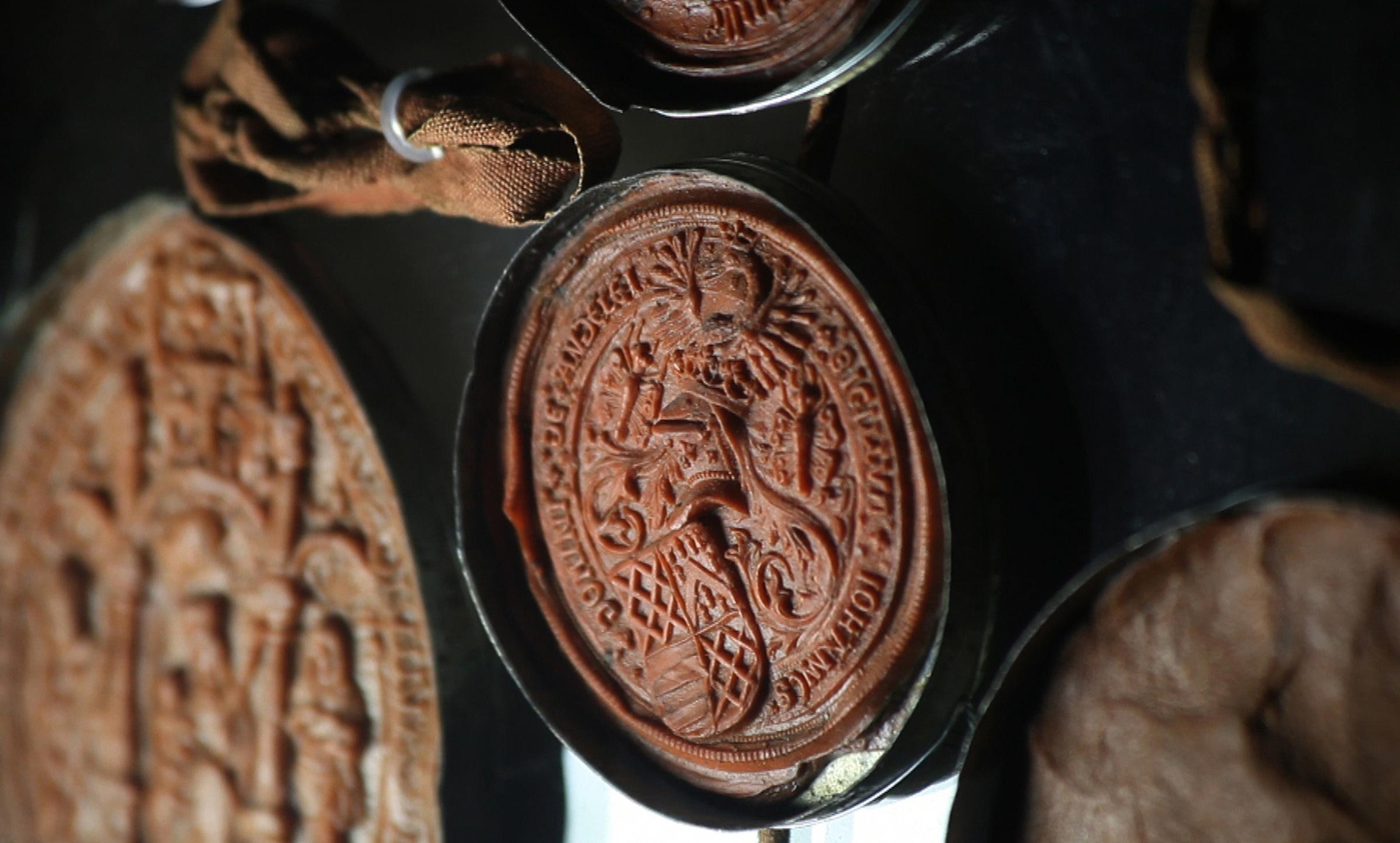
Today, the Treasures of History Foundation, made up of U.S. bishops and laypeople, was established in 2020 to raise funds for the work of the apostolic archives, which is immense as new documents are regularly added to its collections, he said.
The archives give a concrete snapshot of the lives, thoughts, fears, troubles and accomplishments of so many different people in the church in different times and places, Bishop Pagano said.
There are "sins" recorded in its collections, but "there is much more light," he said.
He said, some might want to think "the church is made up of pedophiles, people who are crazy, delusional, but that's not true at all. The noise of the one tree that falls overshadows the good growth of the silent forest."

